WAR hero, reformer, conservationist, acerbic wit — Philip will be remembered for many things.
But, unusually for a man of his generation, it was his role as husband for which he will be most remembered.
Read our live blog for the very latest news on Prince Philip’s death
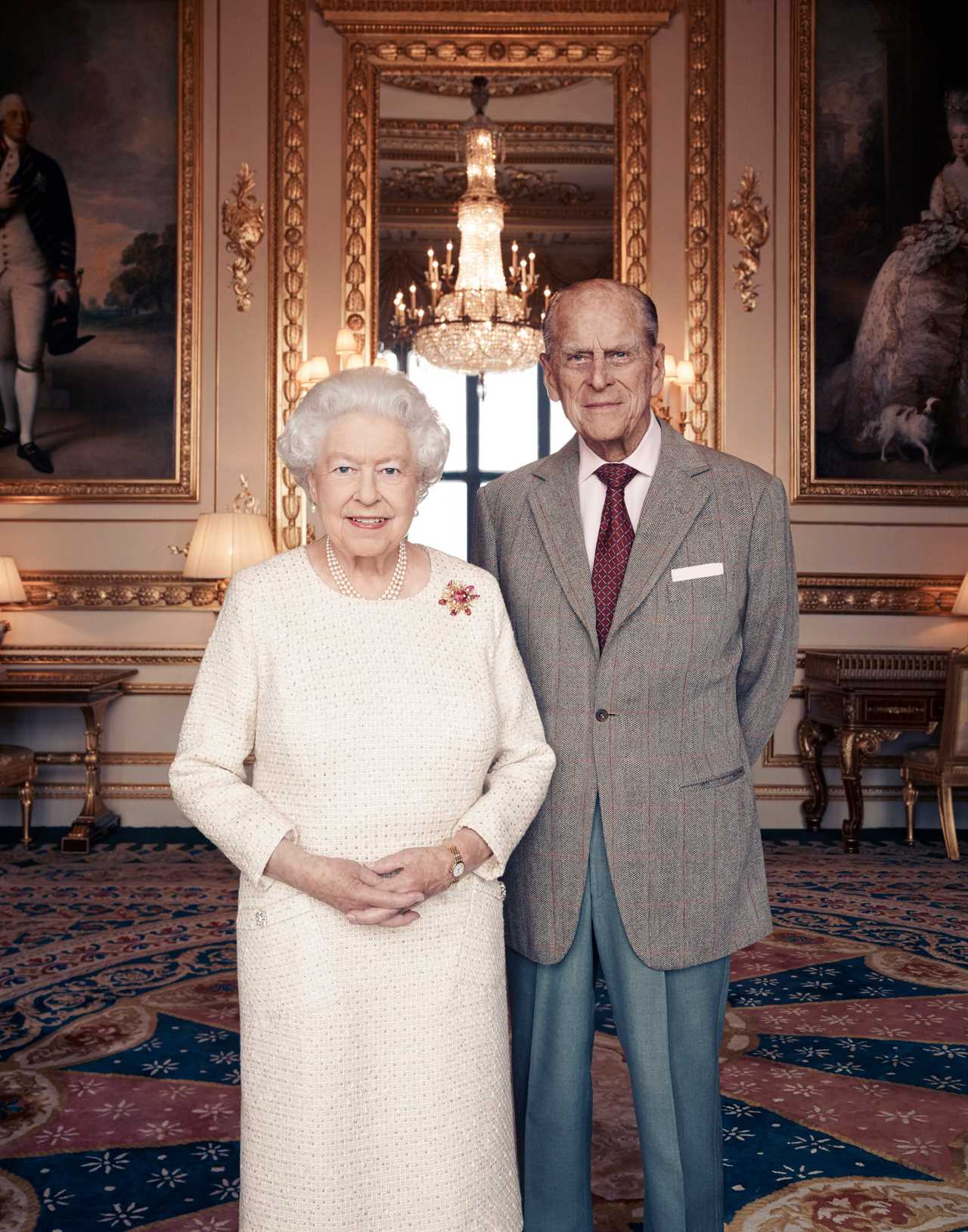
The Duke of Edinburgh was the Queen’s confidant and companion through 74 years of marriage.
He was the longest serving consort of any British monarch and although the Queen is used to holding her emotions in check, she will miss him dreadfully.
They had been by each other’s side since their wedding in 1947.
During her Diamond Jubilee celebrations in 2012, the Queen cut a solitary figure as she walked through St Paul’s Cathedral without the Duke, who was in hospital with a bladder infection.
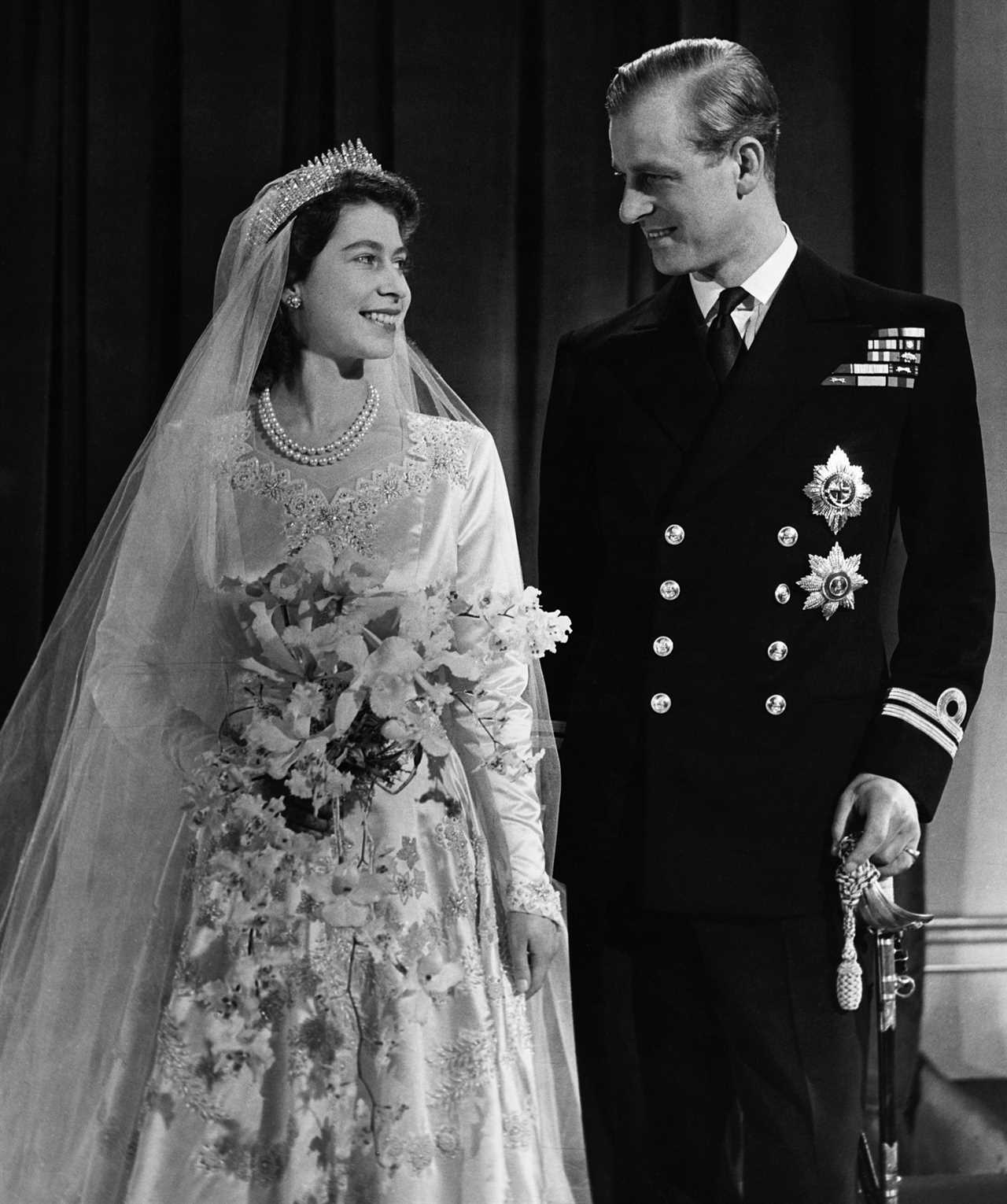
Princess Eugenie, the couple’s granddaughter, spoke of how difficult it was for the Queen to be without him during the celebration.
She told Sky News: “They are the most incredibly supportive couple to each other.
“Grandpa was unfortunately taken ill and for Granny to come and do that alone was probably quite testing and I think he is her rock, really, and she is his.”
Unbreakable bond
The couple reached the rare personal milestone of their platinum wedding anniversary on November 20, 2017, and in a touching gesture the Queen appointed Philip a Knight Grand Cross of the Royal Victorian Order for his years of devotion and duty.
They shared an unbreakable bond, united at key moments of history, witnessed from the unique viewpoint of a monarch and her consort.
While private secretaries and household staff have come and gone, Philip remained a constant in the Queen’s life.
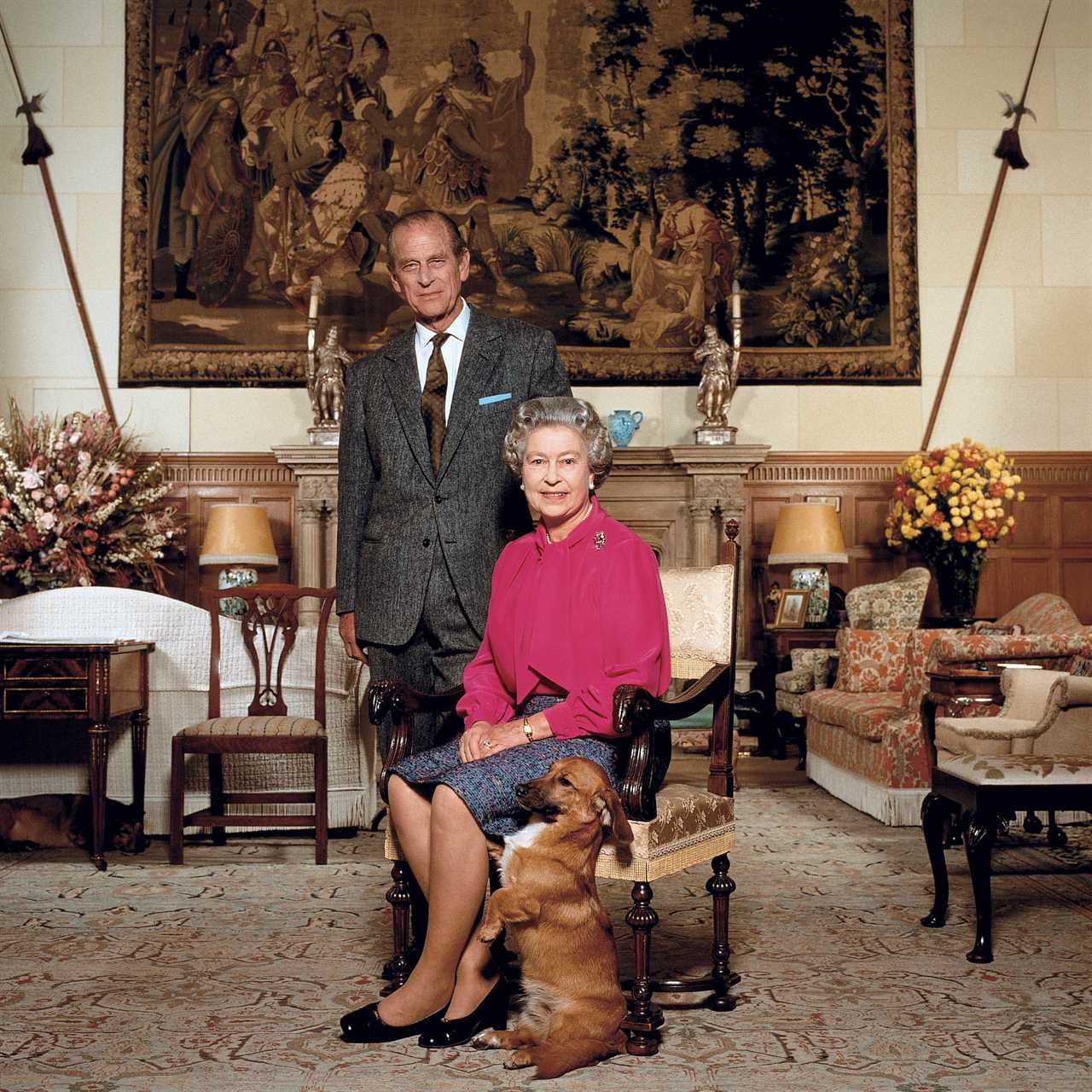
They travelled the globe together, endured state visit after state visit and thousands of engagements over the years, all made more bearable with one another’s company and through the knowledge they were in it as a duo, albeit with one wearing the crown.
They also witnessed the changing world from a shared standpoint, with just five years’ difference in age between them.
They saw the rapid advances in technology, from man walking on the moon for the first time to the arrival of the internet.
Philip the moderniser
Philip was a moderniser, overhauling the running of Buckingham Palace and their private homes, Sandringham, in Norfolk, and Balmoral in Scotland.
Behind the scenes, he was also the head of the family, dubbed The Firm. Royal historian Hugo Vickers said: “He was an interesting figure. It’s only now we will discover the full extent of what he’s been doing.
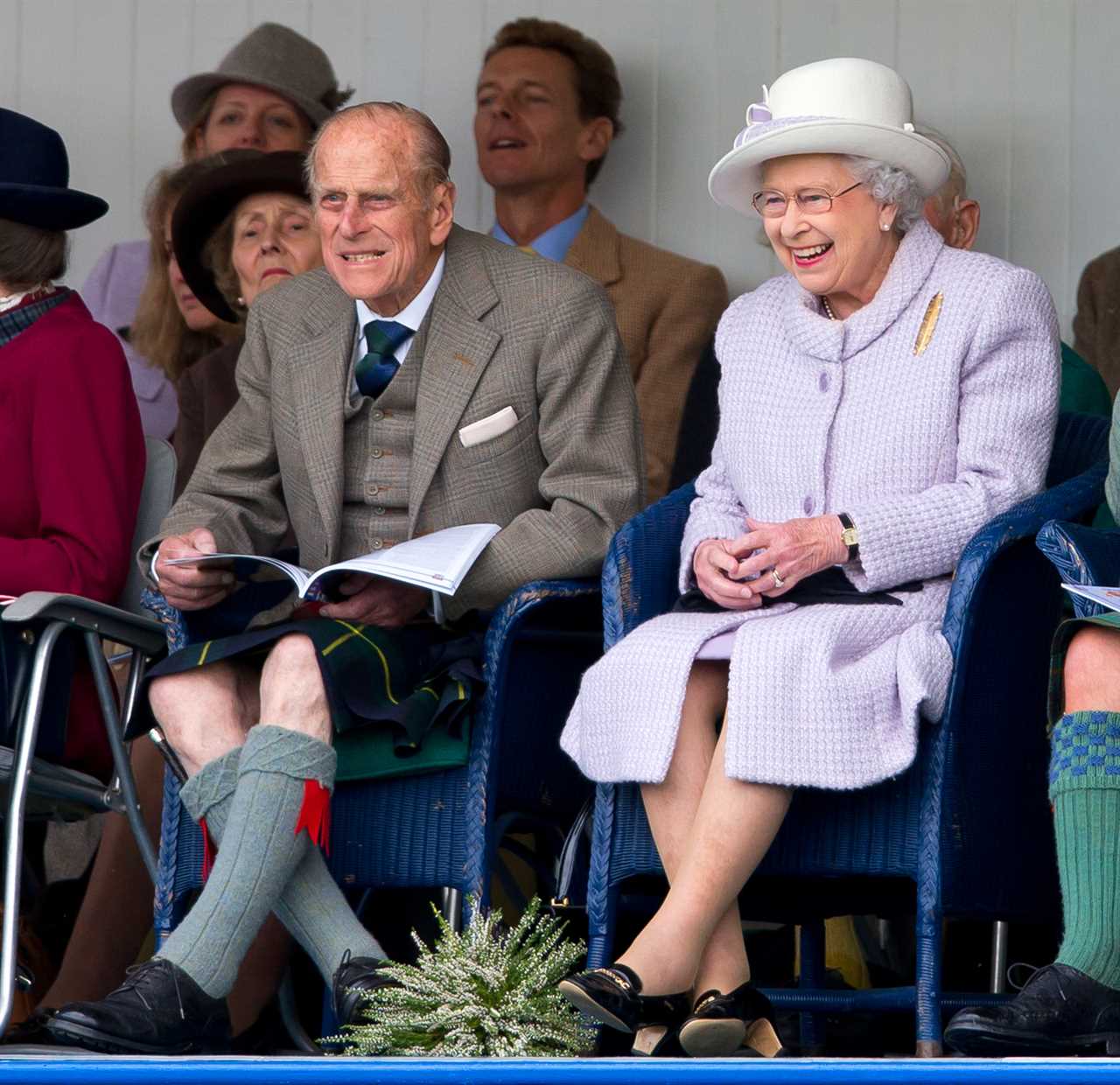
“People will be surprised at all the things. He will be remembered for his vigorous support of the Queen.
“After Prince Albert died, information came out about all the things he’d got started and got moving.”
Philip set up the Duke of Edinburgh Award Scheme but he was also a prolific writer on environmental, technological, equestrian and animal subjects.
Mr Vickers said: “People think he was a cantankerous figure, making gaffes, but what I think he was doing was trying to get a rise out of people.
“What he hated most of all was the ‘chairman’ figure who would show him round and who didn’t know his stuff.
“If the chairman wasn’t good at his job, he’d soon be found out. If you went to see him in his office, you could have a very good talk with him. He was a very intelligent man, logical thinking.
“When in public, he was a bit of a nightmare because he could upset people but what he was doing was trying to use his time as best he could.
“If you painted a picture, the Queen would probably say ‘That’s a nice picture’. The Duke would probably say, ‘Why is it green when it should be blue?’ It would mean you would have to explain that you painted it that way because the light made it look green at a certain time of day.
“The Queen can’t do that. She has to be more cautious. But the Duke could come in all guns firing. He was a brilliant character.”
A turbulent childhood
Mr Vickers said the Duke was stoical despite a difficult and turbulent childhood. Exiled from Greece when he was just 18 months old, he was also shunted between relatives after he was abandoned by his father, who went to live in the south of France.
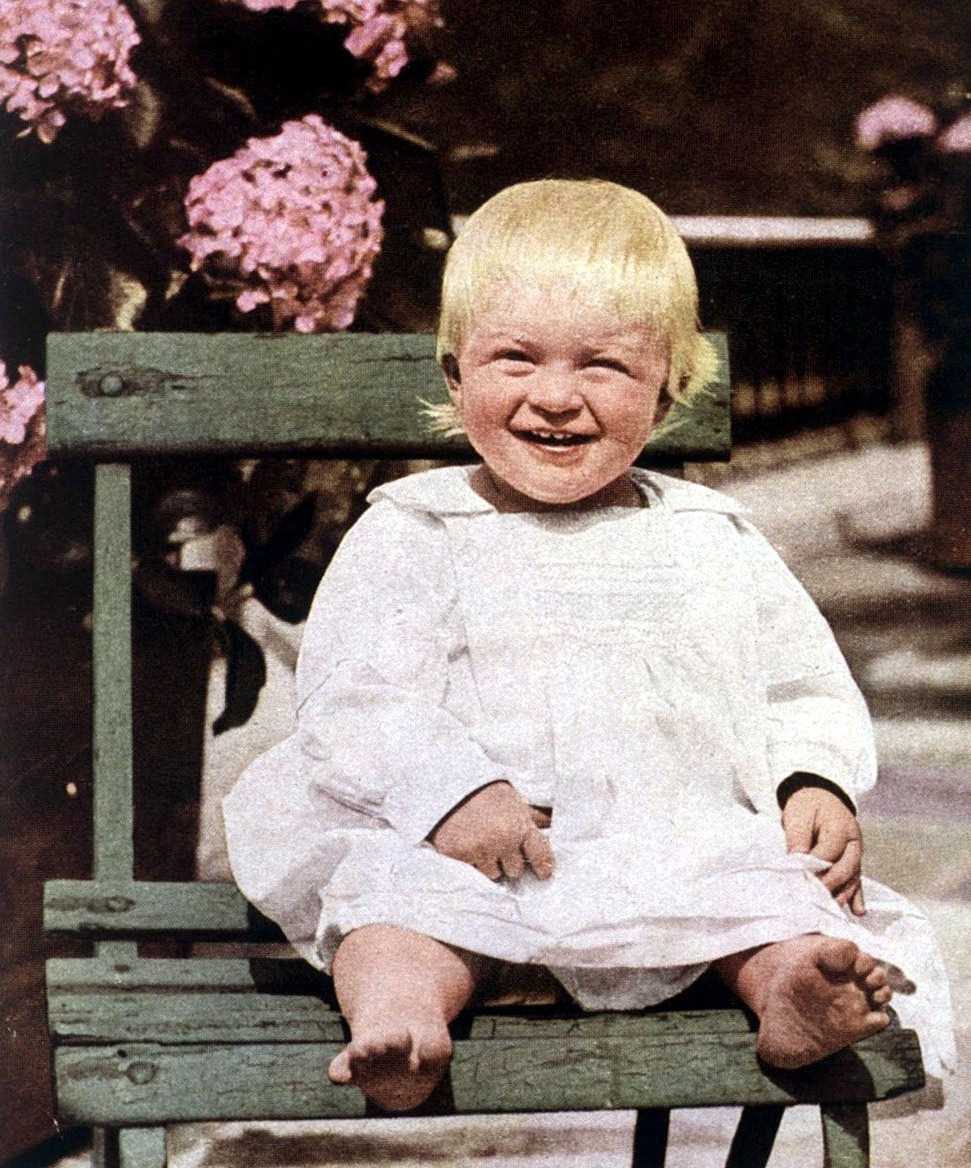
His mother, who was confined to an asylum following a breakdown, was out of contact with him for many years.
Mr Vickers said: “He once said ‘My mother was ill and my father had gone away, I just had to get on with it’. He didn’t like talking about it, but you wouldn’t if you had a life like that.” But it was as the Queen’s consort that he had most impact.
Mr Vickers added: “They were married for more than 70 years and he was quite a presence around the house.
“He was cantankerous, opinionated. You knew he was around.
“The Queen will miss him as a figure to keep her going.
“They didn’t spend all their time together though. He would go carriage driving or to official dinners, or she would go to dinner and he would stay home but they were content in each other’s company.
“He didn’t suffer fools gladly and he didn’t mind telling the Queen what he was thinking. It could be a bit embarrassing sometimes.”
In a TV interview Prince Harry called them a team and summed it up perfectly: “I don’t think she could have done her job without him.”






